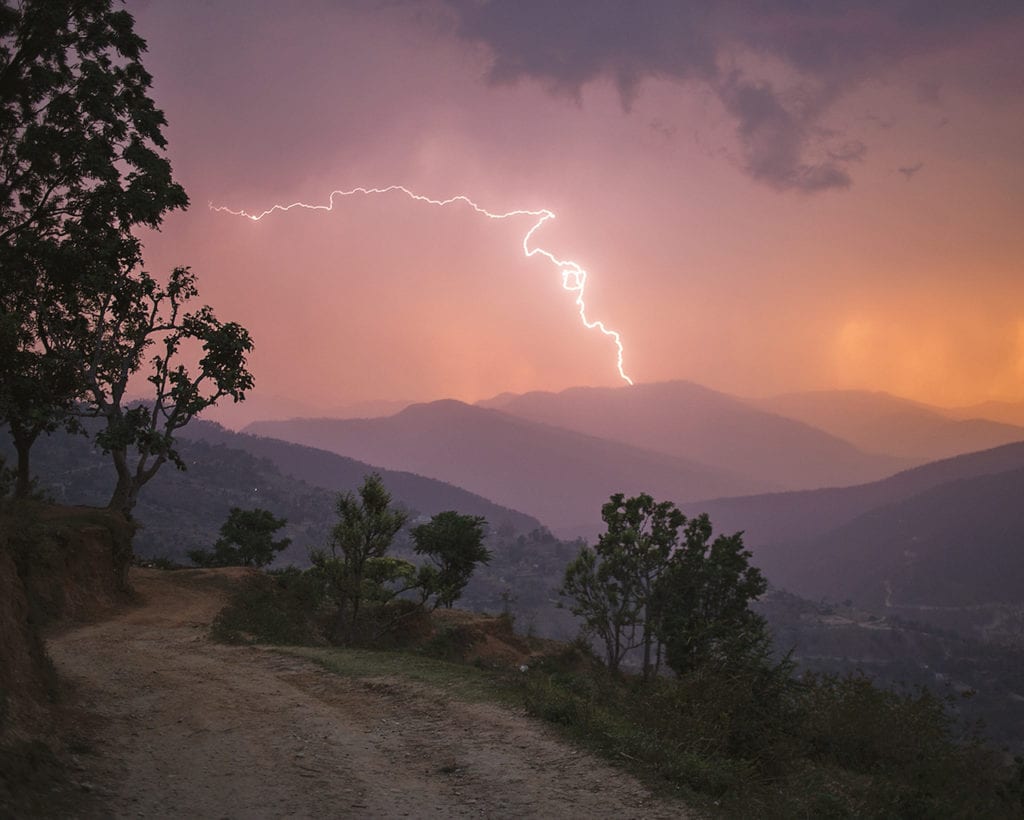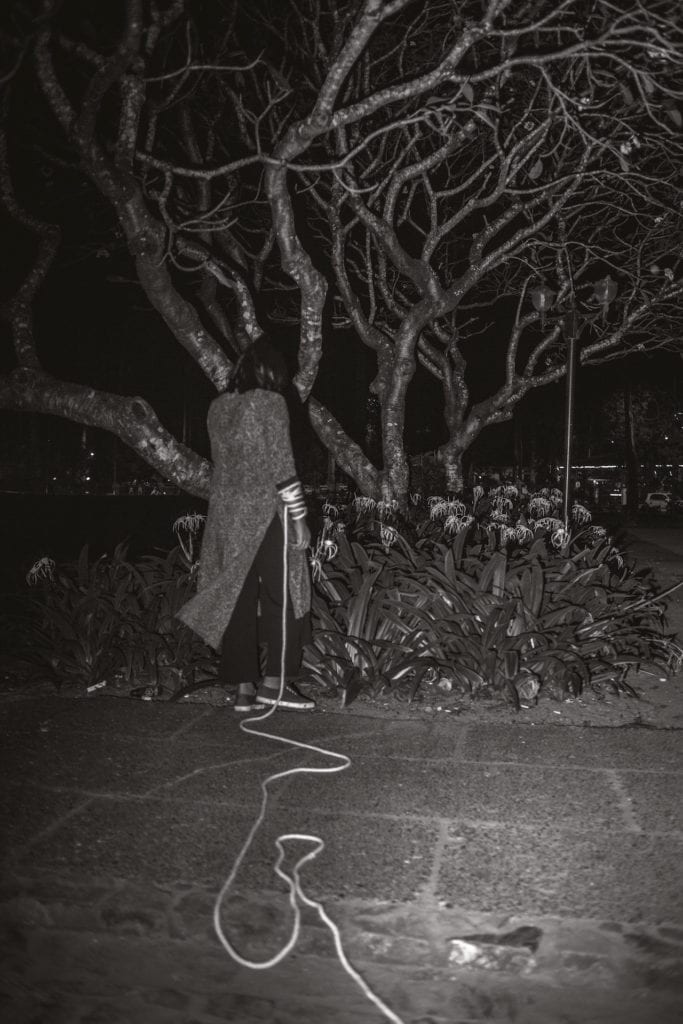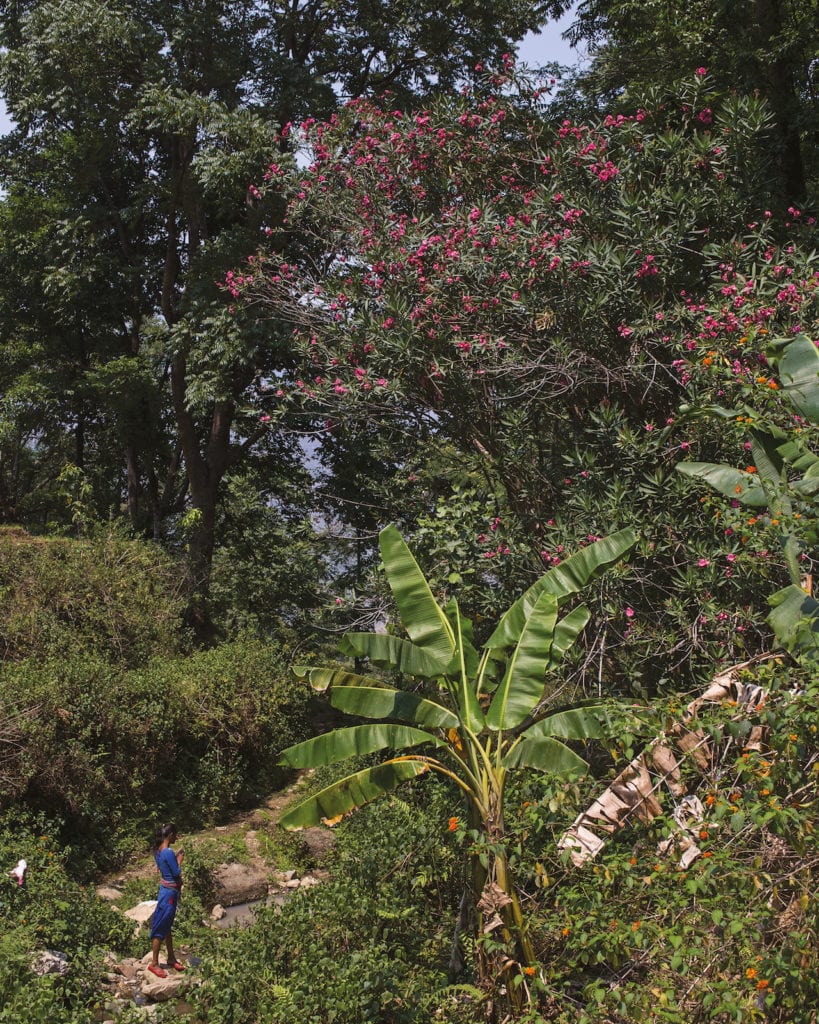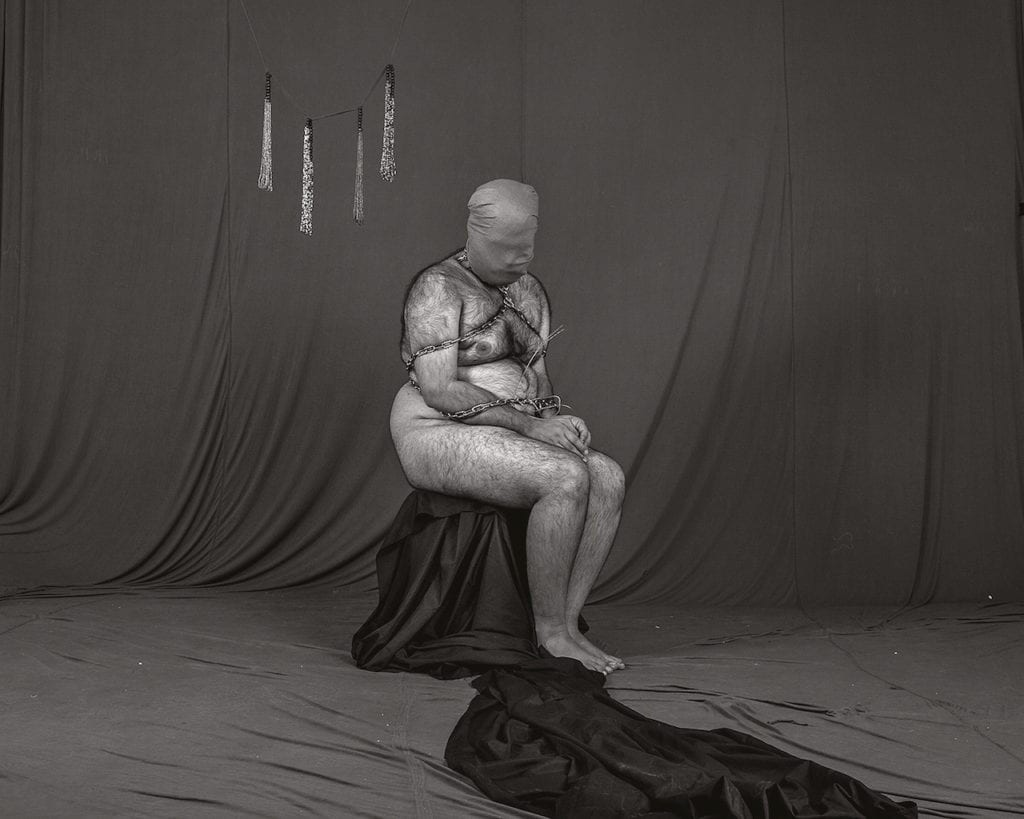Each year, British Journal of Photography presents its Ones To Watch – a selection of 19 emerging image-makers, chosen from a list of nearly 750 nominations. Collectively, they provide a window into where photography is heading, at least in the eyes of the curators, editors, agents, festival producers and photographers we invited to nominate. Every weekend throughout May, BJP-online is sharing profiles of the 19 photographers, originally published in the magazine. Discover more here.
If there was any question about the vitality of photography in South Asia, the journey that Nepalese photographer Uma Bista has taken over the past few years is testament to the supportive and collaborative network spread across the region.
Since 2017, Bista has been a photo editor at the Annapurna Post in Kathmandu, but as a young photojournalist her career path changed when, supported by NayanTara Gurung Kakshapati, co-director of Photo Kathmandu, she travelled to Bangladesh to study at the renowned Pathshala South Asian Media Institute in Dhaka. There she had the opportunity to study under Shahidul Alam, Munem Wasif, Sarker Protick and Shadman Shahid (the latter two both previous Ones To Watch, in 2014 and 2016).
The project Boundless [below] was the outcome of her programme at Pathshala, and supported by her mentor, Shahid, was Bista’s first attempt to directly address the oppressive patriarchy and gaping gender imbalance that define not only Nepal, but South Asia generally. “Up until that time I had been doing more traditional stories focusing on women’s issues and the difficulties we face in our daily lives,” she says. “Boundless was a big step for me to attempt something very different. Pathshala gave me the space to sharpen my style, and it pushed me to test the limits of what was possible.”

Bista’s work confronts a range of issues and traditions – from familial rape and spousal abuse to menstrual taboos, sex- selective abortion and the neglect of female children, to name just a few of the problems facing the region. And through her studies at Pathshala, and subsequent workshops with mentors such as Sohrab Hura, Antoine d’Agata, Mads Nissen and Katrin Koenning, she has developed a range of experimental visual approaches. Boundless was, in a simple gesture, an attempt to subject a male body to the constraints that women in Nepal feel daily.
Unconstrained [left], begun in 2017, is an extension of this series, which she plans to bring together as one work. Bista used performers again, but this time moved her image-making into the streets. “I was doing a workshop in Siem Reap [at Angkor Photo Festival] and this gave me the freedom to try something different, to add a second, more layered and complex chapter to Boundless.
I found the courage to photograph myself, but also other women.” Taking on a more autobiographical tone, it involved her wandering the streets at night, shooting with a harsh ash, adding a level of tension and danger to the images, and opening up a rich diaristic narrative while maintaining a level of anger and frustration at the way women are ‘seen’. Men are shown watching from the shadows, as the female body is photographed close up and viscerally abstracted.

Bista is currently developing Our Songs from the Forest [overleaf], which sees her venturing into rural areas and the hills of Achham in the remote far west of Nepal to photograph girls coming of age. This more traditional colour work documents a group of young women negotiating oppressive practices, and little by little beginning to ask questions and push boundaries.
“Achham is not an easy place to live, its patriarchy is unabashedly cruel,” says Bista. “While menstruating, these women are seen to be impure and banished to a rudimentary shed for seven days each month.” This practice, known as chhaupadi, has now been criminalised in Nepal, but continues nevertheless due to long-held fears of angering the gods and being subjected to all manner of ‘bad luck’ as a result.
The images in this series have a refreshing simplicity to them, and an almost celebratory tone, showing a group of young women embracing each other and looking for moments of joy amongst this oppressive system.
“In the forest the skies are open. In the forest they feel no fear. In the forest they sing and laugh as loudly as they wish,” Bista says. A selection from the ongoing project was recently shown in Kathmandu, and Bista continues to work with the team at Photo Kathmandu, supporting their initiatives to aid women’s rights and to carry on the dialogue around gender inequality in social, familial and political spaces.
Discover more Ones to Watch photographers here.This article was originally published in issue #7884 of British Journal of Photography. Visit the BJP Shop to purchase the magazine.
–


